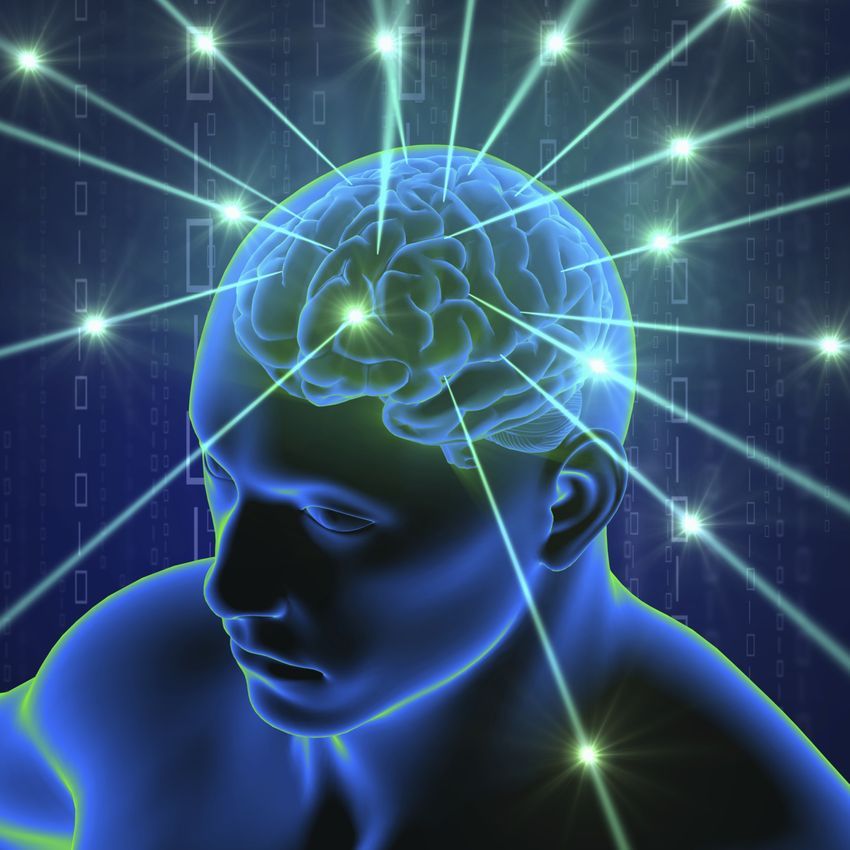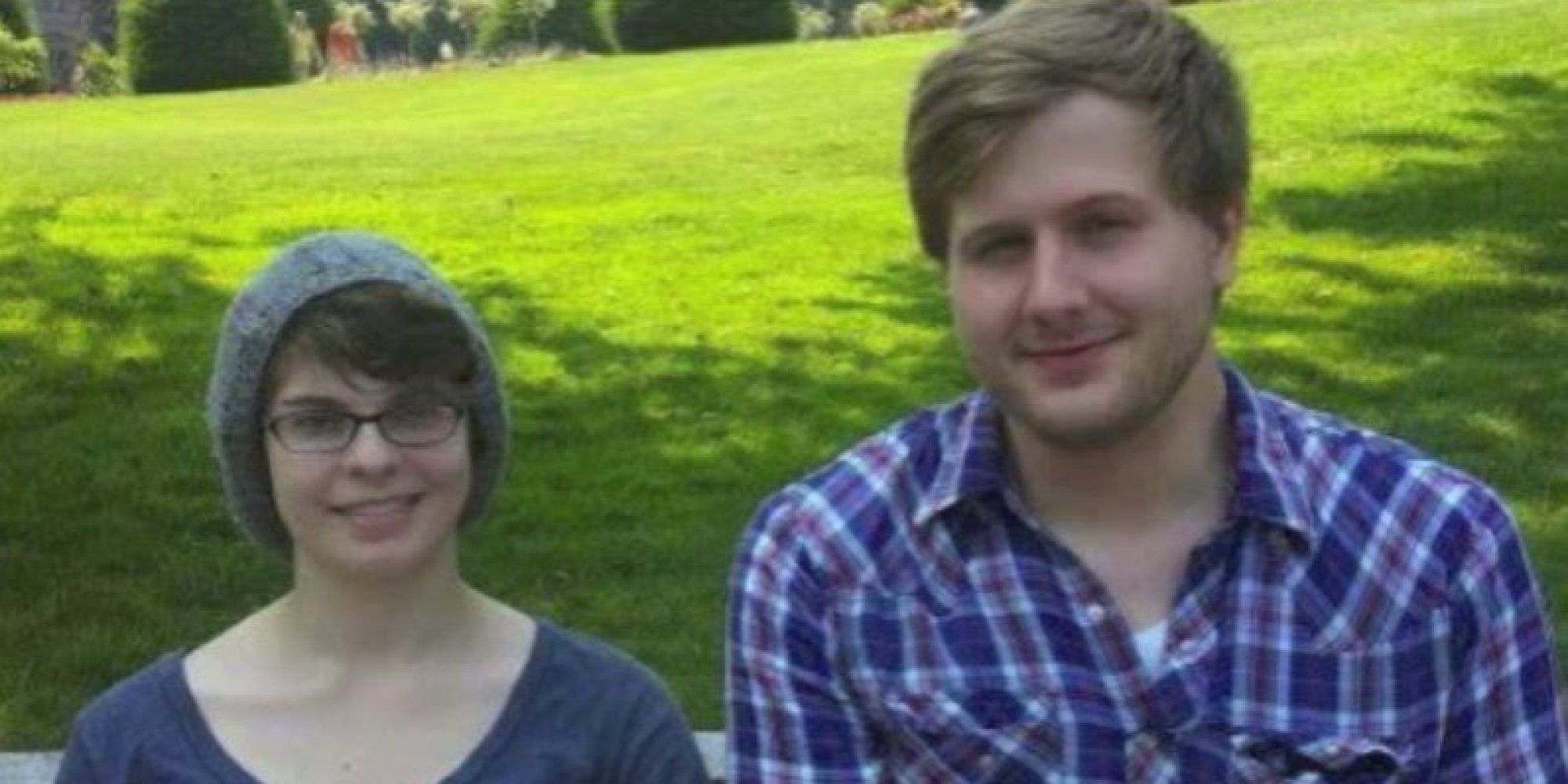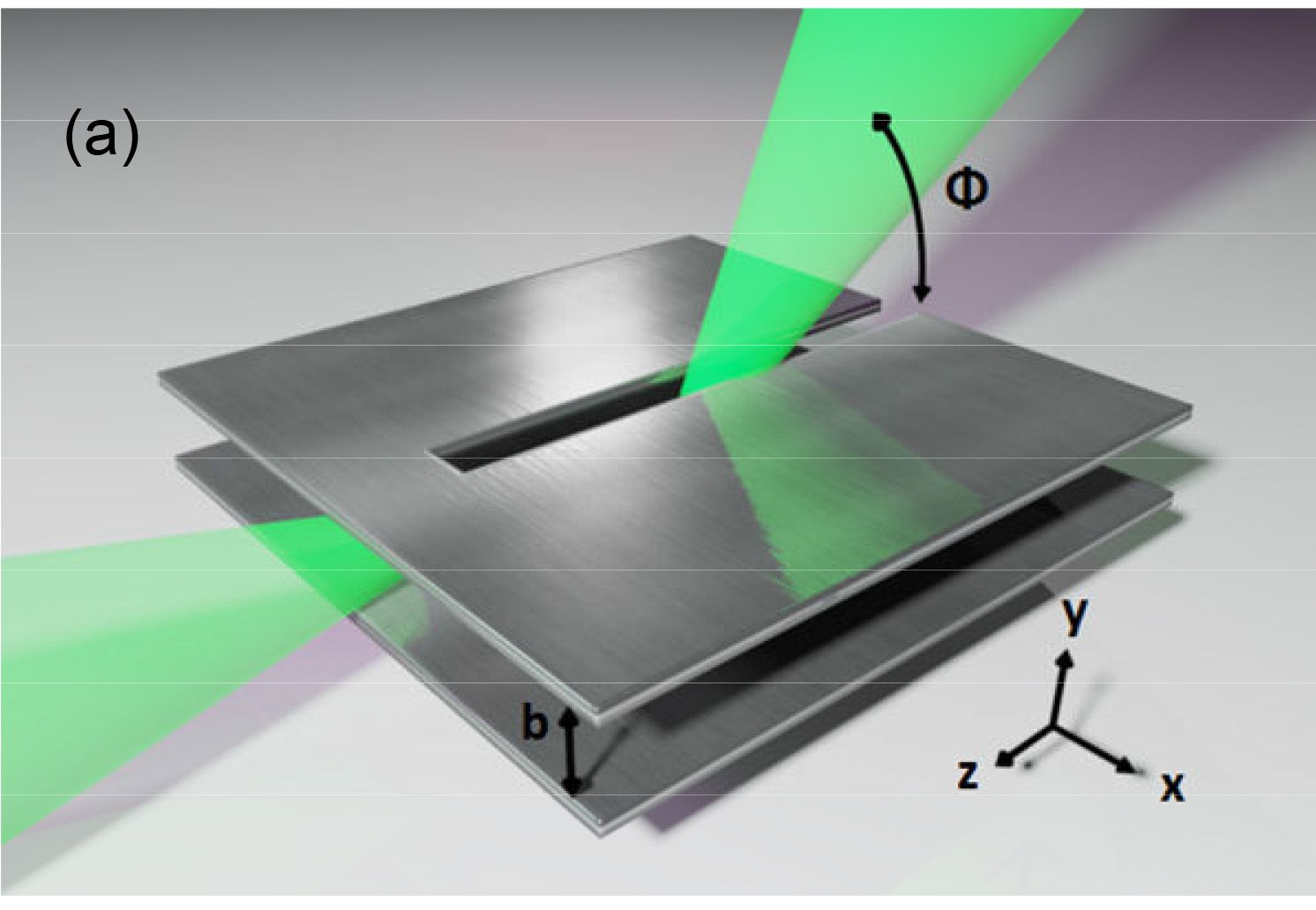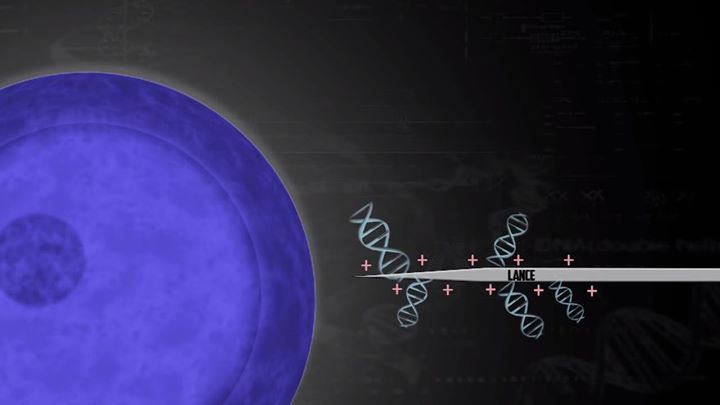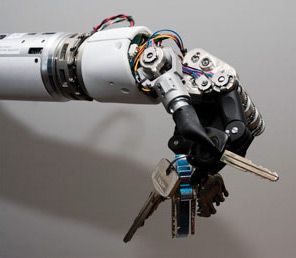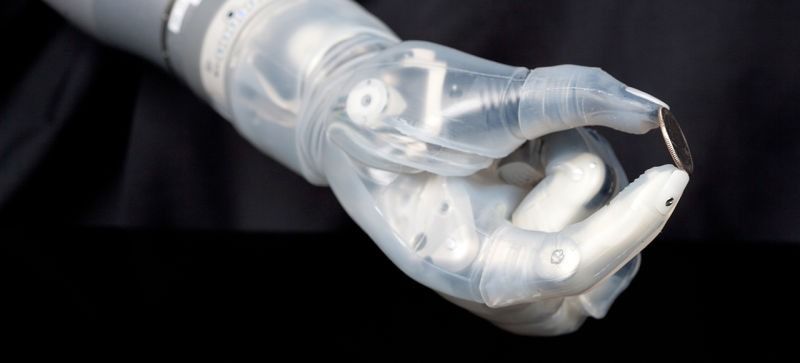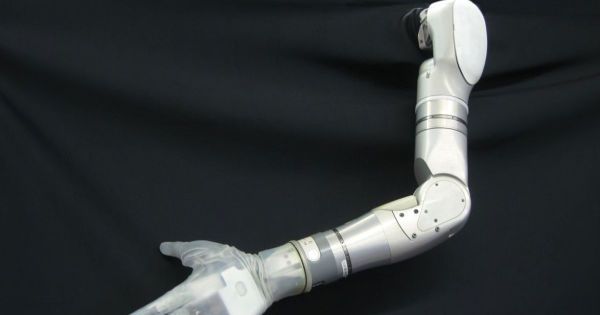Sep 14, 2015
You’re not irrational, you’re just quantum probabilistic: Researchers explain human decision-making with physics theory
Posted by Shailesh Prasad in categories: neuroscience, quantum physics
The next time someone accuses you of making an irrational decision, just explain that you’re obeying the laws of quantum physics.
A new trend taking shape in psychological science not only uses quantum physics to explain humans’ (sometimes) paradoxical thinking, but may also help researchers resolve certain contradictions among the results of previous psychological studies.
According to Zheng Joyce Wang and others who try to model our decision-making processes mathematically, the equations and axioms that most closely match human behavior may be ones that are rooted in quantum physics.
